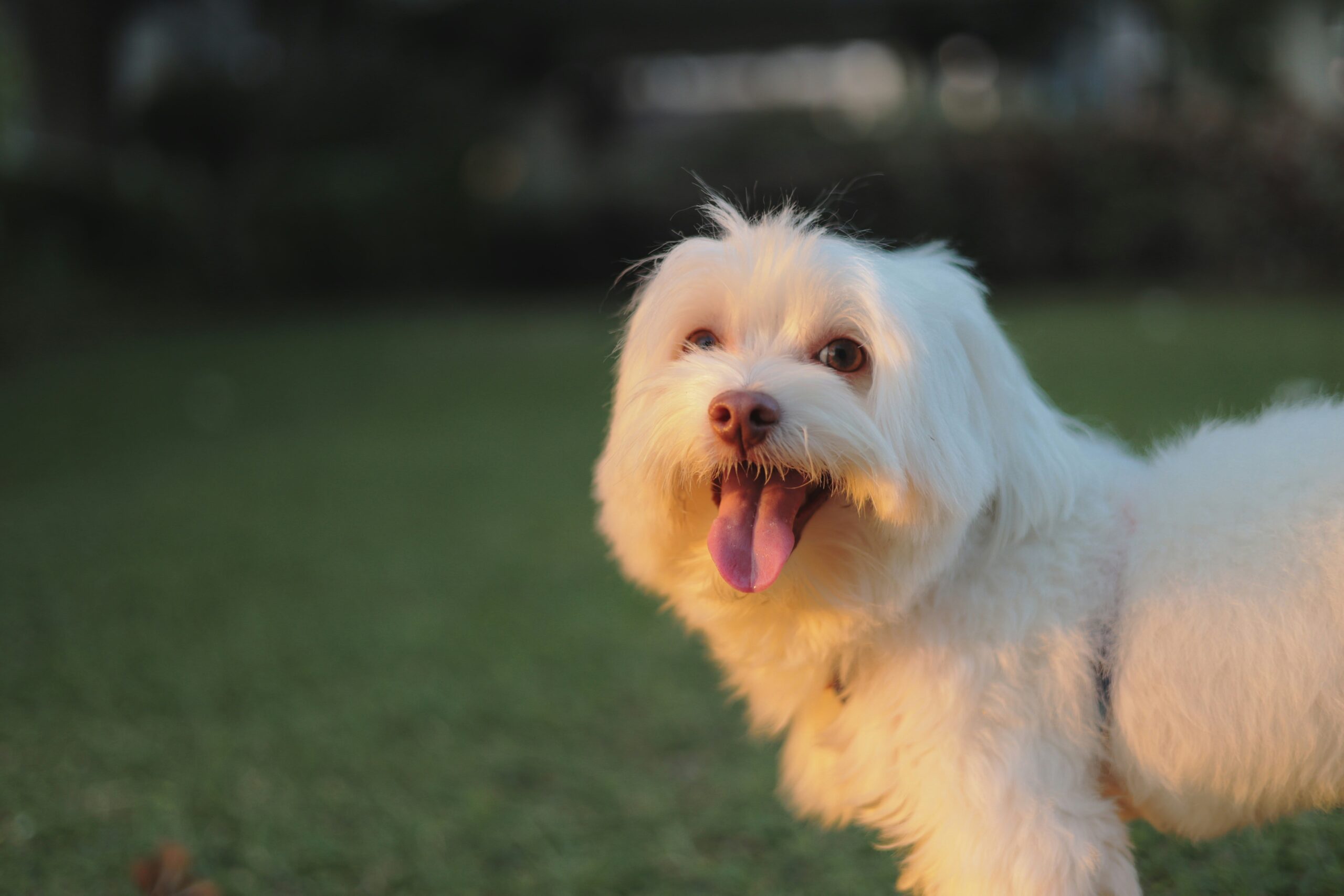Brief Overview of Maltese
The Maltese is a beloved toy breed known for its luxurious white coat and gentle demeanor. These dogs have a rich history as companions and are cherished for their affectionate nature and elegant appearance.
Why Maltese Makes a Great Pet
Maltese dogs are excellent companions for many reasons. They are loyal, loving, and thrive on human interaction. Their small size makes them suitable for apartment living, and their gentle disposition makes them wonderful family pets.
Maltese Statistics
Dog breed group: Toy Group
Height: 8-10 inches
Weight: Up to 7 pounds
Life Expectancy: 12-15 years
Maltese Quick Facts
Coat: Long, silky, white
Club Recognition: AKC, UKC, CKC
Ideal Owner: Someone who can devote time to grooming and companionship
Energy Level/Exercise Needs: Moderate; short daily walks and play suffice
Space Requirements: Can adapt to small spaces
Grooming Requirements: High; daily brushing recommended
Training: Responds well to positive reinforcement
Are they good family dogs? Yes, they thrive on human companionship
Tendency to bark: Moderate; alert and may bark at strangers
History and Origins
Origins of Maltese
The Maltese has ancient roots, possibly dating back to 3500 B.C. They were favored by royalty and aristocrats throughout history, known for their charm and beauty.
Key Milestones in the Breed’s Development
Over centuries, the Maltese breed evolved from ancient Mediterranean origins to become the lapdogs of nobility in Europe. Their popularity grew as they became beloved pets among high society.
Physical Characteristics
Size and Weight: Small and compact, 8-10 inches tall and up to 7 pounds in weight
Coat Type and Colors: Long, straight, silky white coat; no other colors
Facial Features: Small, rounded head with expressive eyes and dropped ears
Unique Physical Traits: Gentle, almost floating gait; elegant and poised appearance
Temperament and Personality
Maltese’s Temperament: Affectionate, playful, and friendly
Behavioral Characteristics: Can be spirited and lively, but also enjoy quiet cuddle times
Barking Tendency: Moderate; good watchdogs but can be trained to moderate barking
Suitability as a Family Pet: Excellent; enjoy being part of family activities
Compatibility with Other Dogs: Generally good, especially if socialized early
Compatibility with Cats: Can get along with cats, especially if raised together
Tolerance for Solitude: Prefer human company, may experience separation anxiety
Adaptability to hot/cold weather: Fair; sensitive to extremes, so moderate climates are ideal
Trainability
Ease of training: Intelligent and eager to please, responds well to positive reinforcement
Intelligence: Highly intelligent; quick learners
Potential for mouthiness: Low; not prone to excessive chewing
Prey Drive: Low to moderate; may chase small animals
Tendency to bark or howl: Moderate; can be trained to control barking
Wanderlust potential: Low; typically prefer staying close to their owners
Health and Care
Common Health Issues
- Dental problems: Due to small mouths, prone to dental issues.
- Luxating patella: Occasional problem in toy breeds, can cause lameness.
- White shaker syndrome: Involuntary tremors more common in this breed.
Grooming Requirements
- Amount of shedding: Low shedding but requires daily brushing.
- Drooling potential: Minimal.
- Ease of grooming: High maintenance; regular grooming needed.
Exercise and Activity Needs
- Energy level: Moderate.
- Intensity: Short walks and play sessions suffice.
- Exercise needs: 20-30 minutes per day.
- Potential for playfulness: Very playful, enjoy interactive games.
Nutrition and Diet Tips
- Feeding schedule: Small, frequent meals to avoid hypoglycemia.
- Potential for weight gain: Monitor portions due to small size.
Lifespan
- 12-15 years on average.
Living with a Maltese
Finding a Maltese Puppy: Seek reputable breeders focusing on health and temperament.
Preparing Your Home: Secure spaces as they are small and can squeeze through gaps.
Maltese Behavior in the Home: Affectionate and thrive on companionship.
Exercise and Playtime: Moderate exercise needs; enjoy indoor play and short walks.
Training and Obedience: Positive reinforcement works best due to their sensitivity.
Socialization: Important to prevent shyness or excessive barking.
Famous Maltese Owners
- Halle Berry: Known for her love of Maltese dogs.
Frequently Asked Questions (FAQs)
Do Maltese dogs shed? Maltese are low shedding but require daily grooming to prevent mats.
Are Maltese good with children? Yes, they can be great with children when properly socialized and supervised.
Additional Resources
For more information on Maltese dogs, visit:
Recommended reading:
- “The Maltese Handbook” by Linda Whitwam

